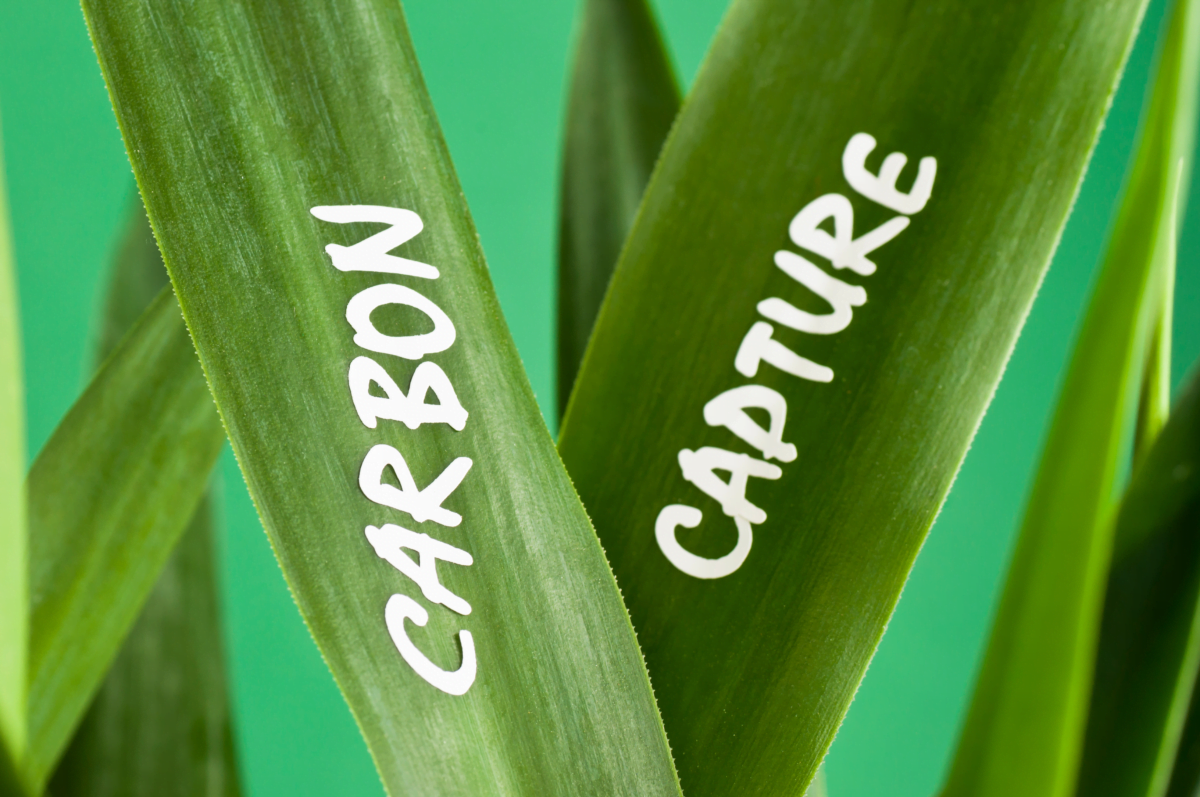
An exam style question suitable for GCSE science.
Notes for Teachers
The units for the data are in fact ppmv which we have simplified to ‘parts per million’ for this question.
This is a nice visualisation of what 420ppmv looks like.
The questions explore the fact that there is a seasonal cycle in carbon dioxide in the atmosphere because plants take up carbon dioxide during photosynthesis in the spring and summer, which is then released back into the atmosphere when plants die and leaves rot in the autumn and winter.
Carbon dioxide is a well mixed gas, meaning that the data recorded at Mauna Loa is representative of the Northern Hemisphere, and that at the South Pole is representative of the Southern Hemisphere.
The seasons are out of phase with each other – when it is summer in the Southern Hemisphere, it is winter in the Northern Hemisphere.
As there is far less vegetation in the Southern Hemisphere than in the Northern Hemisphere, the seasonal cycle is much smaller.
Students may notice that there could also be a human element to the cycle – we burn more fossil fuels in the winter than in the summer (and there are also fewer people in the Southern Hemisphere).
The correct answer for the mean is 416.1 parts per million.
As well as the seasonal cycle, the graph provided shows the increase in atmospheric carbon dioxide since 1958. This increase is because of the emissions of carbon dioxide by human activities including land use change including deforestation, burning fossil fuels and cement production.

Data Sources:
https://scrippsco2.ucsd.edu/data/atmospheric_co2/spo.html
https://gml.noaa.gov/webdata/ccgg/trends/co2/co2_mm_mlo.txt
https://climate.nasa.gov/vital-signs/carbon-dioxide/
Image Credit:
NOAA/ Susan Cobb

Related Resources...
A classroom resource where students submit an (imaginary) application outlining a plan to reduce global warming and increase biodiversity by replanting kelp forests.
Climate Change and Biodiversity
Exploring the links between biodiversity and climate change.








